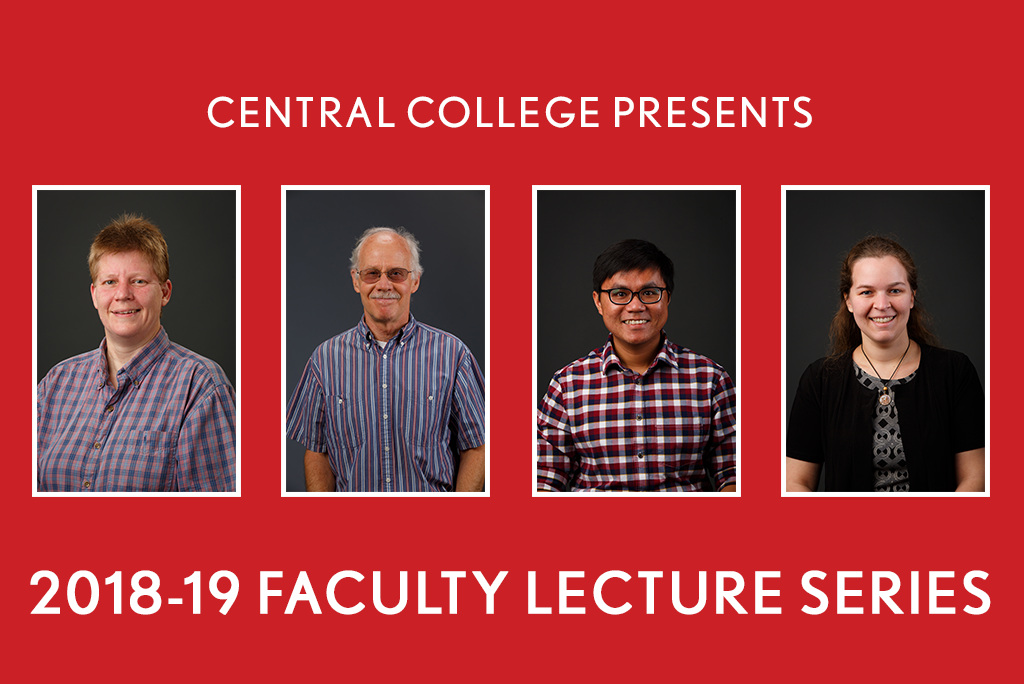What does it mean to live in community? What connects us and what separates us as community members? How do we create communities that are good for everyone? The public is invited to join Central College faculty presenters to explore these questions and many more throughout the academic year. All lectures take place from 7-8 p.m. in the Boat/Moore rooms in Maytag Student Center on Central’s campus.
Monday, Nov. 26, 2018
Data Builds a Tapestry: Defining and Understanding Our Community Via the Census
Anya Butt, professor of biology, delves into the upcoming 2020 census, explores lessons learned from previous censuses and reflects on the American Tapestry, which provides a detailed description of America’s neighborhoods as defined by our demographics.
Tuesday, Feb. 19, 2019
Mr. Pynchon Goes to Iowa: Thomas Pynchon’s Search for Community
Novelist Thomas Pynchon initially avoided the Midwest as a setting and criticized the region as a cultural wasteland. But later, aversion gave way to recognition. Michael Harris, professor of English, examines Pynchon’s portrayal of the Midwest – and Iowa – as a metaphor for a now unavailable imagined community.
Tuesday, March 26, 2019
Do Immigrants Lower Wages for Native Workers? Evidence from the Mariel Boatlift
The 1980 Mariel boatlift provides a natural experiment in whether an influx of immigration directly impacts the wages of native workers, and whether a direct relationship at all can be drawn between the two. Tuan Nguyen, assistant professor of economics, investigates whether an increase in Cuban immigrants causes the wages of native workers in Miami to change. Come find out!
Tuesday, April 16, 2019
Would You Be My Neighbor? Ancient Cosmopolitanism as an Aid to Community
Cosmopolitanism declares all human beings, regardless of political affiliation, race and creed, are (or can and should be) citizens of a single community. Anna Christensen, lecturer in philosophy, will examine the ancient roots of this view in Cynic and Stoic philosophy and consider how these ancient teachings can help us address current political and social concerns.


